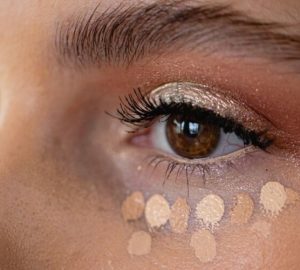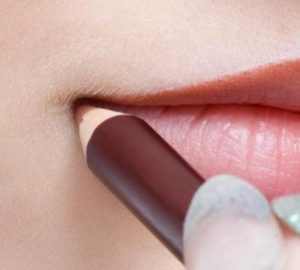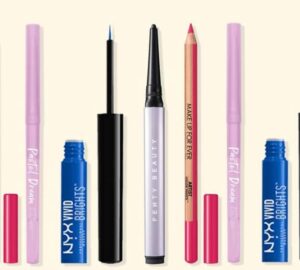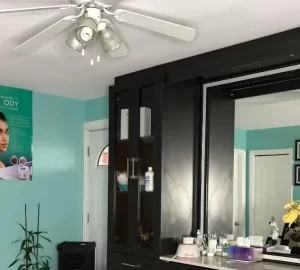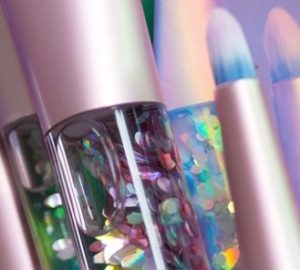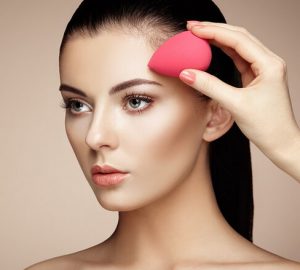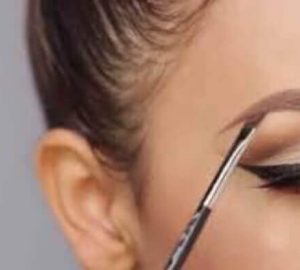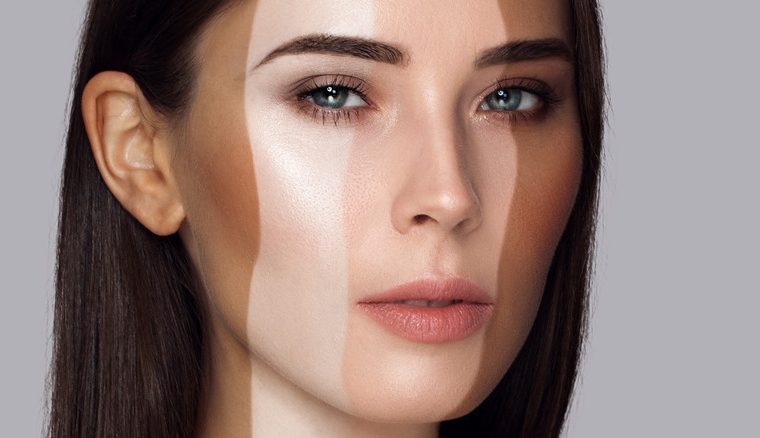It’s tough to achieve a natural, flawless look with makeup. However, the key to achieving this look lies in choosing the right foundation. Shopping for the right foundation requires careful consideration. First, you need to determine your skin tone – whether it is fair, light, medium, or deep. Next, you must examine your veins to identify your skin undertone – whether it is warm, cold, or neutral. Once you have determined both your skin tone and undertone, you are on the right path to finding the perfect foundation shade. According to L’Oréal Paris, this is the best way to go about choosing the right foundation.
Here’s the problem: You could spend a lot of money on foundation only to find out that it’s not the right shade for you. For example, your foundation shade may be ivory while your skin undertone is warm, which means the shade might be too light for your skin. Or, your new foundation might make your skin look tanned, which is not how foundation is supposed to work, as makeup artist Sumita Patel explains to Total Beauty. There are many things that can go wrong when shopping for makeup items. However, wasting a high-quality foundation that boasts anti-aging effects feels like a big mistake. Don’t worry if you’re ever in this situation. Here are some hacks to help you look your best even with the wrong foundation.
Products are available — click below to view them!
SEE DETAILS ON EBAYWhen your foundation shade is too light for your skin
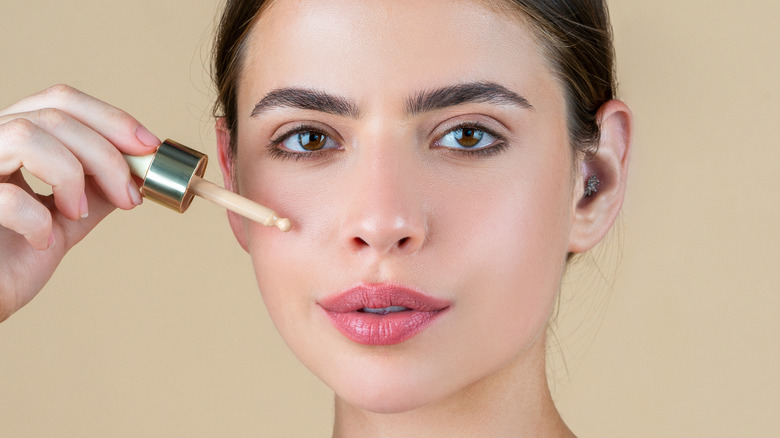
Puppy 9/Shutterstock
In case your foundation shade is too light for your skin tone and gives your face a much brighter color than other parts of your body, use it as your concealer. Yup! Since concealer is supposed to be two shades lighter than your original skin tone, this hack works for a lightweight foundation that provides sheer to medium coverage. For instance, if you’re looking to illuminate the bridge of your nose or contour your visage, you can apply a lighter foundation in dabbing motion with your fingertips, a beauty blender, or a brush for small-area coverage.
Another method you can try is to blend your lighter foundation into some darker loose powder, bronzer, or foundation shade adjuster for a darker hue in the shade that’s closer to your original skin tone, per Physicians Formula. To be sure, try the mixture on the back of your palm until you’ve found the shade that matches your skin tone. Once you’re done with your face, don’t forget to put a dab of foundation down your neck.
When your foundation shade is darker than your skin tone
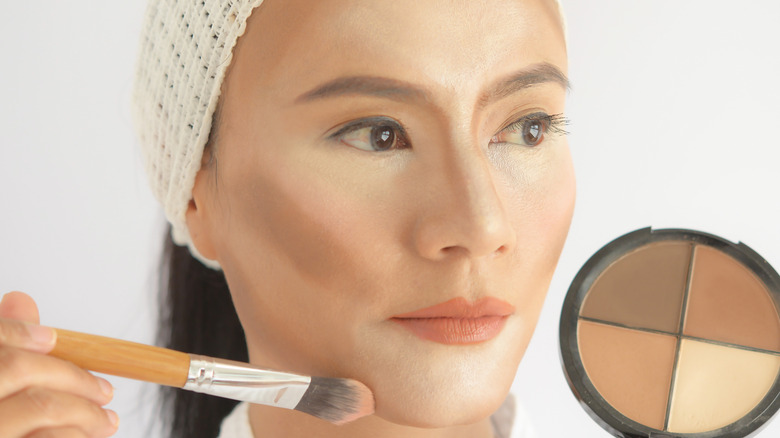
mayura benjarattanapakee/Shutterstock
Have you heard the famous tagline “I came, I saw, I contoured“? Well, that’s exactly what you should do with a foundation that’s two or three shades darker than your original skin tone. According to Rimmel London, you can define the hollow areas of your cheeks with a darker foundation to add shadows to your face and sculpt an illusion of cheekbones. Then, add a subtly tinted setting powder for a matte finish.
If you want to achieve a sun-kissed glow with your makeup, you can use your foundation as a bronzer. According to Cosmopolitan, you can apply your foundation to your cheeks and move up to the sides of your forehead for a sculpted look. Then, brush along the edge of your jawline and add a bit of bronzer to the tip of your nose. Make sure to blend well in gentle circles to achieve a natural-looking finish. If you’re not confident in your contouring or blending skills, you can mix your foundation with a lighter finishing powder or primer to dilute it and make it easier to work with.
Finding the right foundation shade for your skin will always be a gamble. However, makeup is supposed to be fun, not complicated. When the colors mismatch, just have fun playing chemist and get your glam on.

![Lightskin Face [Definition & Makeup Tips] Makeup Products for lightskin Face](https://glamlipstick.com/wp-content/uploads/2023/09/Makeup-Products-for-lightskin-Face-300x270.jpg)
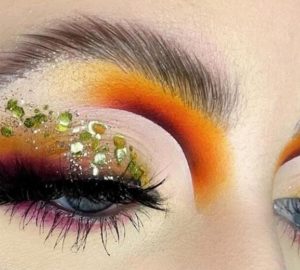
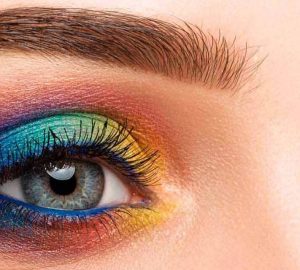


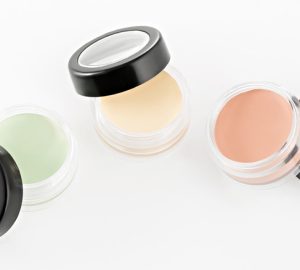
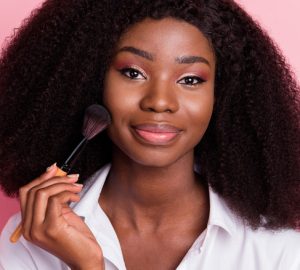
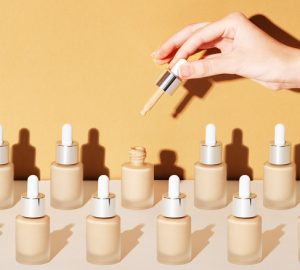
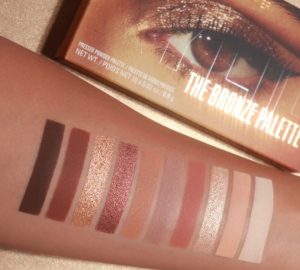
![The Magic of Brown Lip Liners [Overview and MasterClass] Lady applies brown lipstick on her lips](https://glamlipstick.com/wp-content/uploads/2023/09/Lady-applies-brown-lipstick-on-her-lips-300x270.jpg)
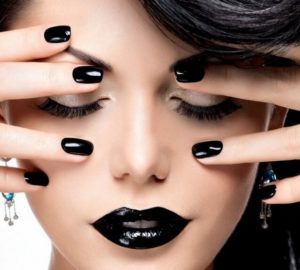
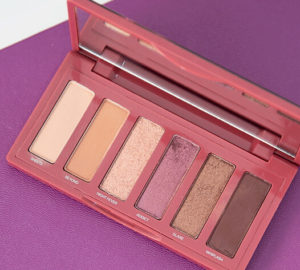
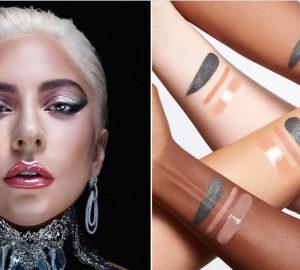


![MAC's Mastery in Nudes [The Best Lipsticks for Every Skin Tone] Best Nude Lipsticks by MAC](https://glamlipstick.com/wp-content/uploads/2023/10/Best-Nude-Lipsticks-by-MAC-300x270.jpg)
